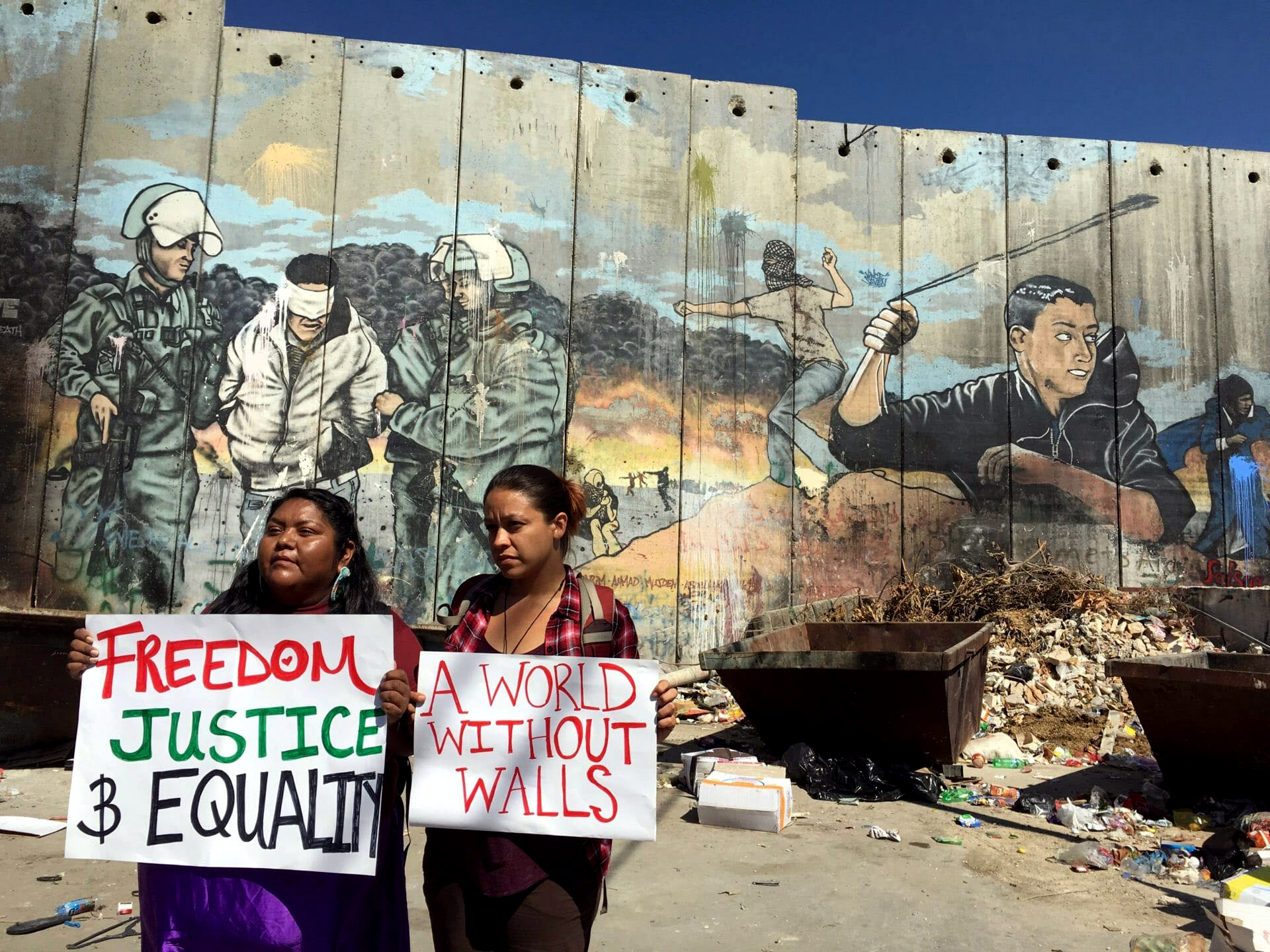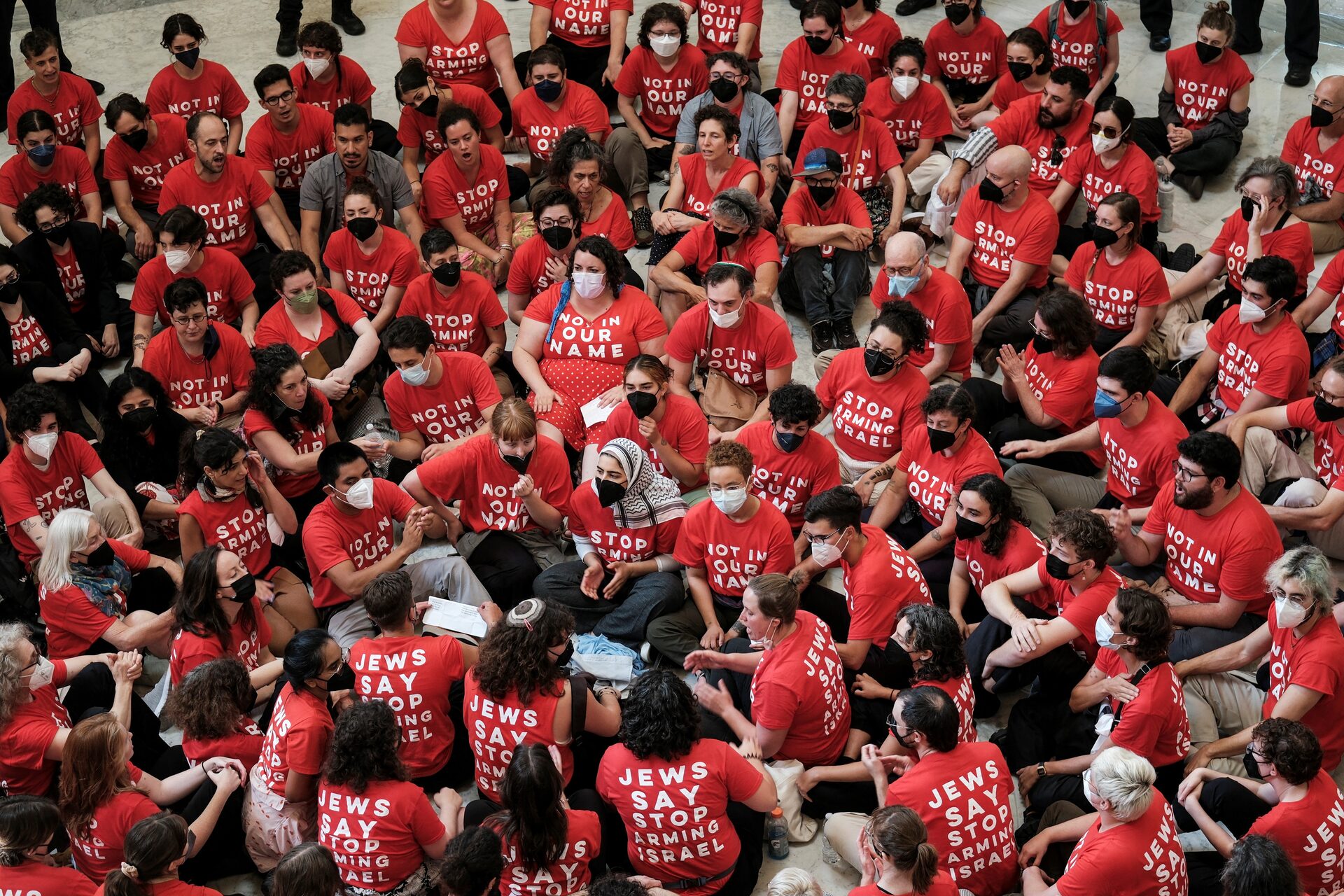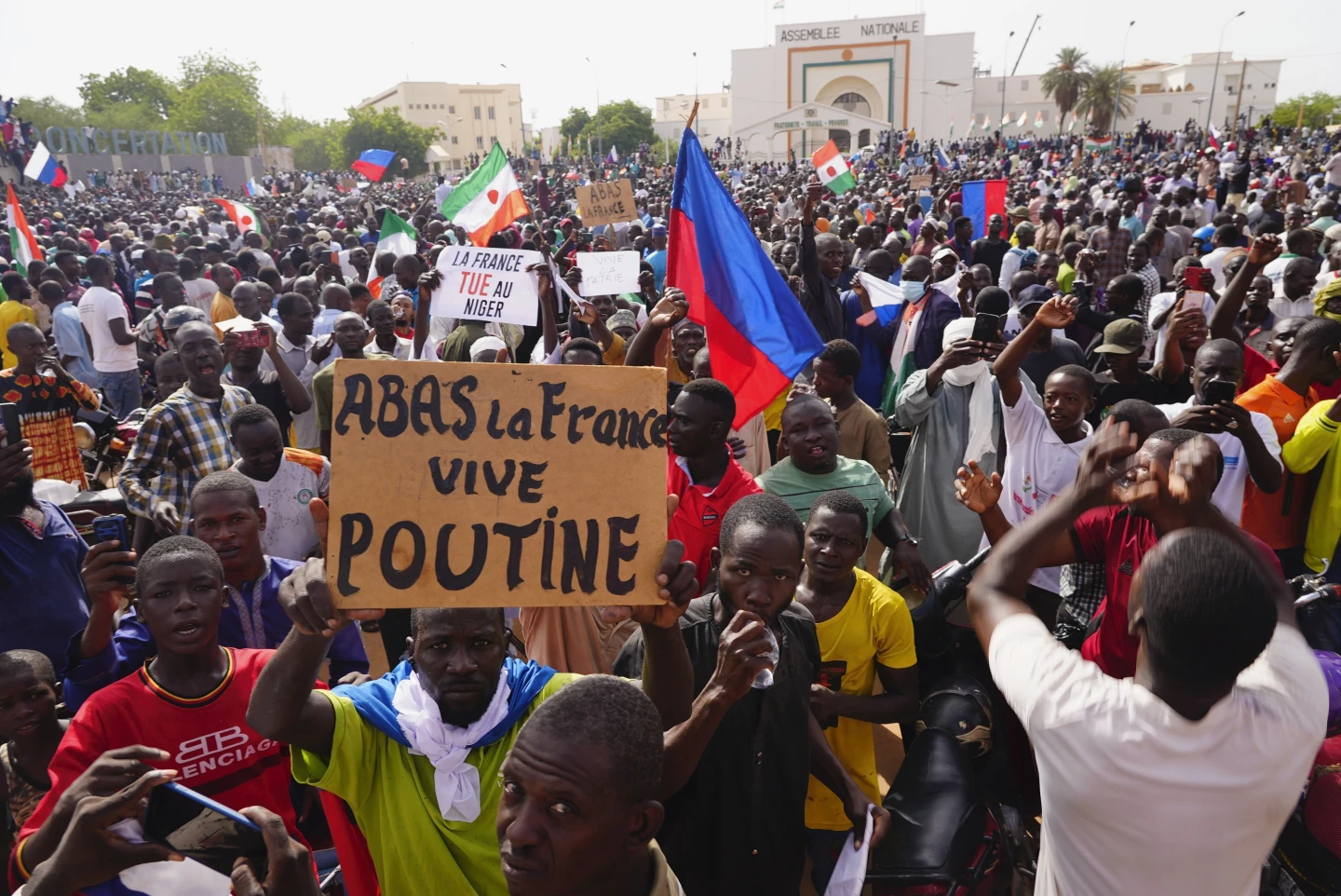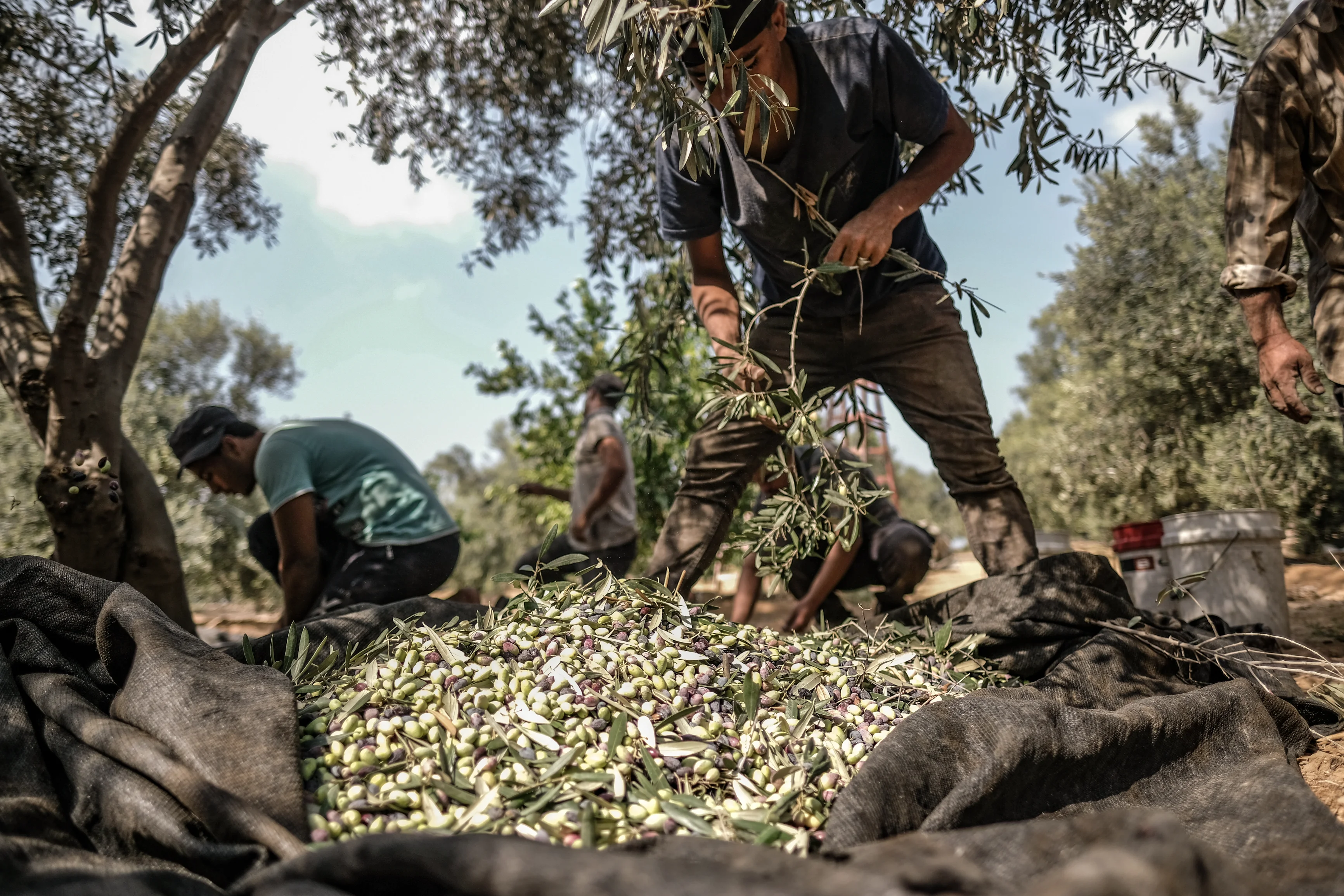We Need a Center for Palestine Studies Now
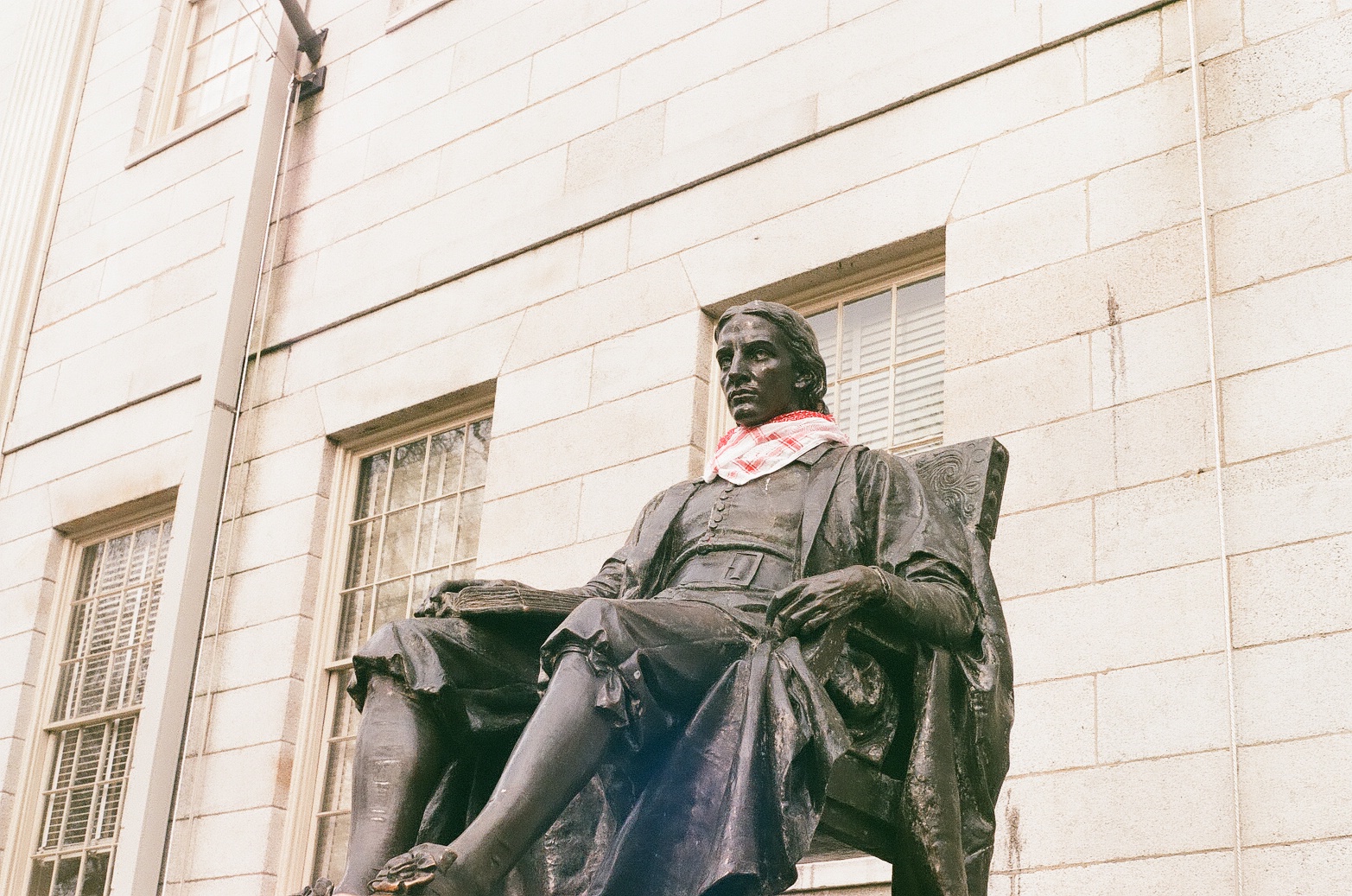
In 1963, the Institute for Palestine Studies was established in Beirut. Its founding marked the reconstitution of a discipline debilitated by Zionists in 1948, who destroyed myriad forms and sites of Palestinian knowledge production in their quest for a state. The West took nearly half a century to catch up: the European Centre of Palestine Studies was founded at the University of Exeter in 2009 and the Center for Palestine Studies launched at Columbia University in 2010. Many peer institutions soon followed suit, but Harvard continues to drag its feet.
The University has never sought the resources or hired the scholars needed to critically engage with Palestine; students and faculty have historically been forced to bear the responsibility of creating a space for Palestine Studies. In 2017, the Harvard Undergraduate Palestine Solidarity Committee began its annual tradition of erecting the Wall of Resistance in the Science Center Plaza. The Wall has since become a cornerstone of the PSC’s Israeli Apartheid Week — now expanded into Palestine Solidarity Month — replete with speaker events and teach-ins drawing all corners of the University.
After October 2023, the University made it that much harder for Palestinian and pro-Palestine students to organize programming around Palestine. Securing approval from the Harvard College Dean of Students Office to host “controversial” speakers or events became a bureaucratic nightmare. When administrators dispatched the Harvard University Police Department to a panel on Black and Palestinian solidarity in 2022, they set a dangerous precedent for outsized police presence at future PSC programming. Last year, the PSC was suspended and this semester the organization was placed on probation — both times for minor to no policy violations.
Faculty and staff have also sought to fill the institutional Palestine Studies lacuna through various centers, programs, and schools at the University. Such programming has highlighted hunger strikes done by political prisoners, the impacts of Covid-19 and climate change on borders, and child trauma in the West Bank and Gaza.
The spaces at this University which focused on Palestine came under increased fire after October 2023. In March, Harvard administrators fired Professors Cemal Kafadar and Rosie Bsheer were fired from their leadership positions at the Center for Middle Eastern Studies over allegations of imbalanced programming. The CMES has since taken a Zionist posture, with the events organized by its new leadership trafficking in pernicious bothsidesism.
The firing of Professors Kafadar and Bsheer comes in the context of broader academic repression across the University — notably, breaking ties with Birzeit University in the West Bank and suspending the Harvard Divinity School’s Religion, Conflict, and Peace Initiative. The crackdown exposes Harvard for what it is: an institution which embodies veritas when politically expedient but which obstructs the path to truth when it really matters. Students, faculty, and staff should not jump through bureaucratic hurdles or sit through meetings with the DSO to educate their peers on the truth about Israel’s 77-year-long settler-colonial project. Nor should it be a struggle to study Palestine’s history, culture, and people within our classrooms and lecture halls. As Israel’s genocide in Gaza decimates vital sites of Palestinian education, the extant gap in academic offerings threatens to widen into a chasm — one where, if we are not careful, knowledge of Palestine will slip through the cracks.
Instating a center for Palestine Studies — on par with those that exist at a growing number of peer institutions — is not only an intellectual imperative but a moral one. The doctrines of genocidal regimes cannot dictate Harvard’s academic decisions. Harvard can no longer afford to treat Palestine as an academic afterthought. Ignorance of Palestine — and of the Zionist project — enables the reproducibility of settler-colonial logics and tacit acceptance of a world order predicated on violence and imperialism. If Harvard wants its graduates to exit its gates well-educated, it must, at a bare minimum, expand its academic infrastructure to include Palestine, sowing the intellectual seeds for a more just world.
